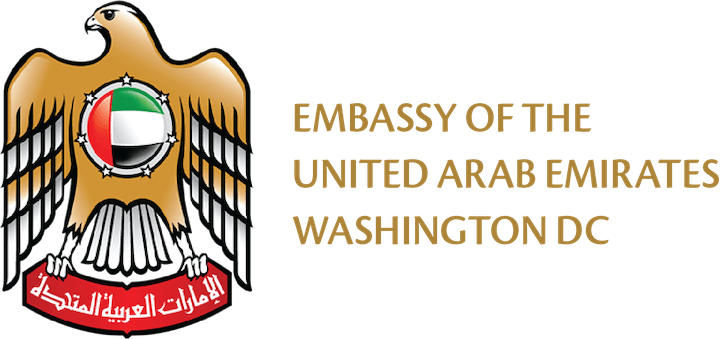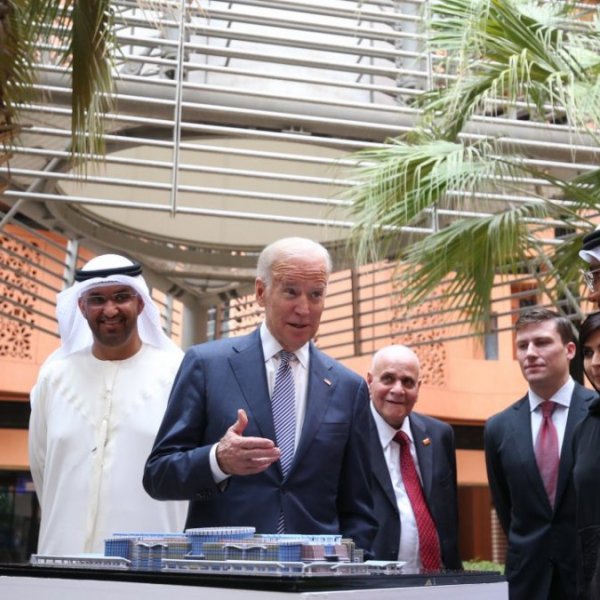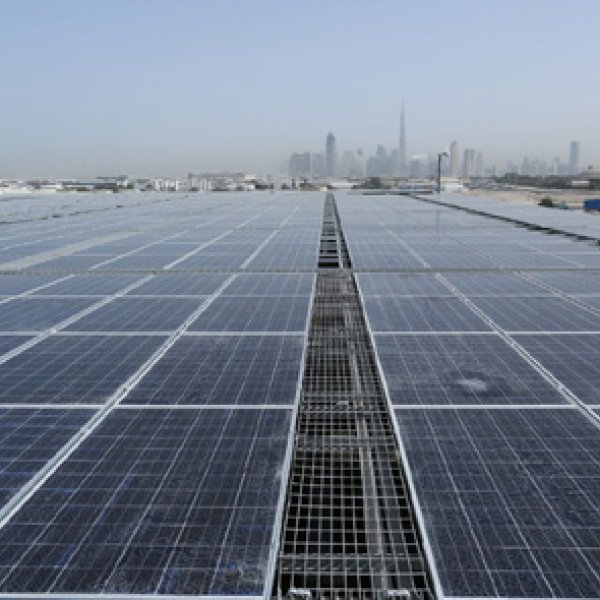The UAE has demonstrated international leadership to expand energy diversification and conserve natural resources. From acting as an international convener for governments and the private sector to strategic investments around the world, the UAE is a key actor in the global energy ecosystem.
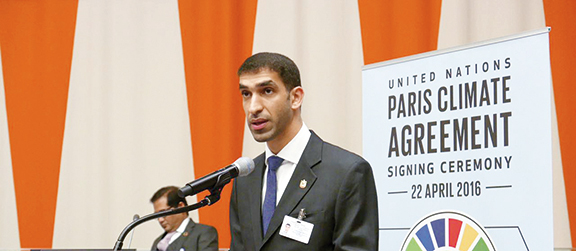
Strategic Energy Investments
The UAE has provided over $1.5 billion of aid for alternative energy projects in more than 40 developing countries, particularly small island developing states.
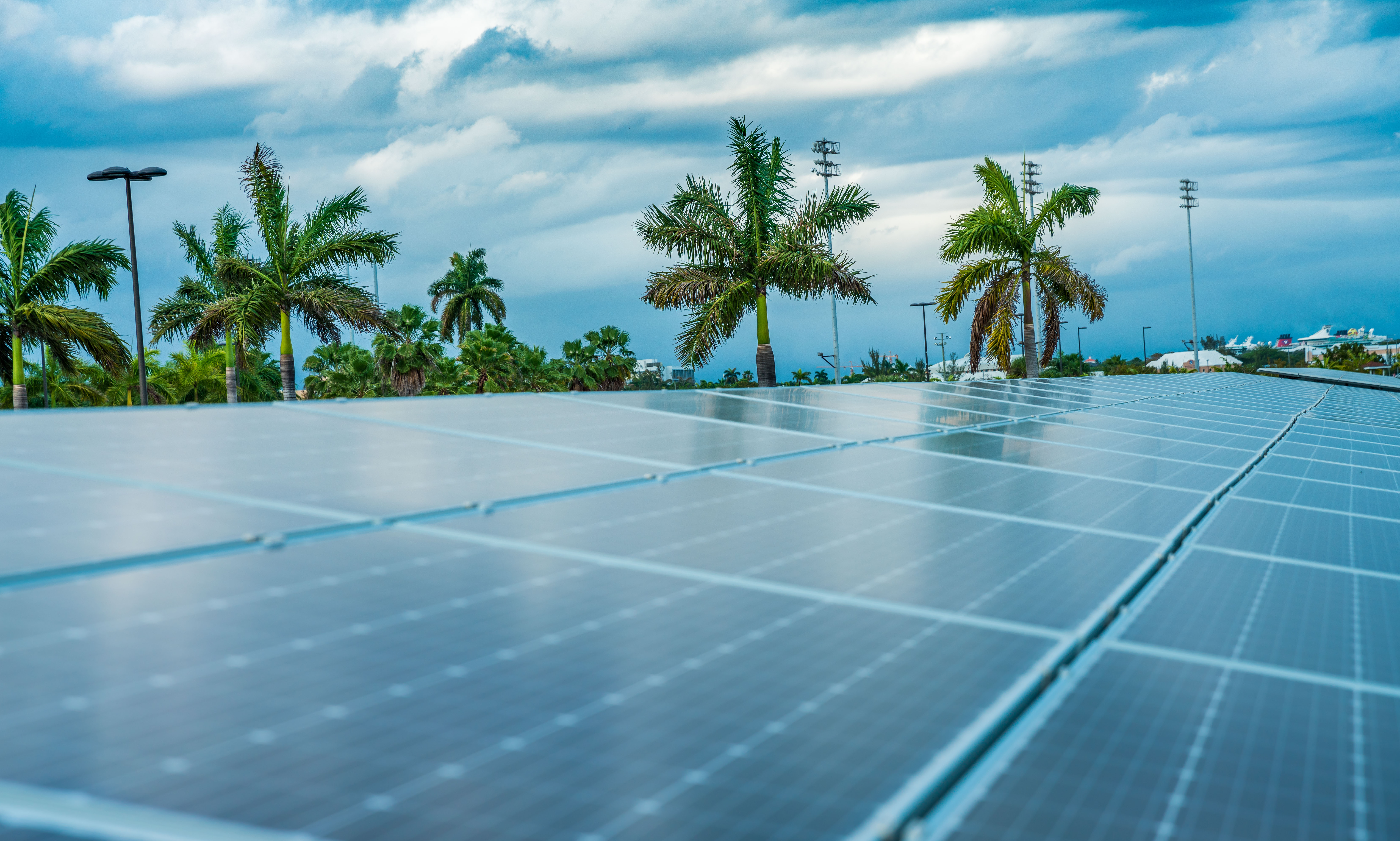 Africa
Africa
- The Abu Dhabi Development Fund partnered with African governments and the African Development Bank to finance alternative energy infrastructure. From Togo’s new Mohamed bin Zayed Solar PV Complex to Lesotho’s Butha-Buthe water network project, the $4.5 billion public-private collaboration aims to unlock economic growth across the continent.
- UAE’s Masdar is partnering with Africa50, the pan-African infrastructure investment platform, to support $10 billions of alternative energy projects, targeting 10 gigawatts of clean energy capacity by 2030.
- After the successful deployment of the 15 MW Sheikh Zayed Solar Power Plant in Nouakchott in 2013, Masdar installed an additional 16.6 MW photovoltaic projects across eight remote communities in Mauritania.
- The Port Victoria Wind Power Project, Masdar’s 6 MW wind farm in the Republic of Seychelles, is the country’s first large-scale renewable energy project. It accounts for more than 8 percent of the grid capacity on the archipelago’s main island of Mahe, where 90 percent of the country’s residents live.
Latin America and Caribbean
- The UAE established a $50 million fund for renewable energy projects in 16 Caribbean islands. The Caribbean Renewable Energy Fund, which advances the UN’s Strategic Development Goals, aims to reduce energy costs in the region and improve energy security.
- As part of the USE’s Caribbean Renewable Energy Fund, Masdar built a hybrid-solar battery in Belize, bringing reliable energy to rural villages, many of which had previously been without electricity for 30 years. The power plant consists of 400kW solar panels and 600 hW hours of battery storage.
- In Barbados, the UAE worked with Barbados to build two solar power projects – the Bridgetown 350kW Solar PV Carport Power Plant and Bowmanston 500kW Solar Plant. The project offsets nearly $400,000 of annual power costs for the Barbados government.
Asia and the Pacific
- A consortium led by the UAE’s Mubadala BlackRock Real Assets to invested $525 million in India’s Tata Power Renewables. The investment supports the company’s aim to achieve a portfolio of over 20GW of renewables assets
- The UAE-Pacific Partnership Fund (UAE-PPF) is a $50 million initiative that delivered grant-funded solar and wind energy projects across 11 Pacific Island nations. The projects aims to ensure reliable energy is available 24-hours a day to the populations of the Pacific Islands nations.
- Masdar, as part of a Power Purchase Agreement (PPA) and Government Support Agreement (GSA) with the Government of the Republic of Uzbekistan, has designed financed and built public-private solar power plants across the country. From the Sherabad Solar Project to the Zarafshan Wind Farm, the Masdar projects support Uzbekistan’s national goal of developing 7 gigawatts (GW) of solar and 5 GW of wind capacity by 2030.
- Masdar installed solar home systems in more than two dozen villages around Camp Robinson within the Helmand Province of southern Afghanistan. The project is enhancing the lives of more than 3,000 people who had no access to electricity.
Additionally, in 2023, the UAE hosted the 28th United Nations Climate Change Conference, or COP28. At the annual summit, the UAE led a pragmatic effort to arrive at a landmark consensus on the most pressing issue of our time.
- A new specific target to triple renewables and double energy efficiency by 2030,
- The mobilization over $85 billion in funding for energy transformation,
- A historic agreement on Loss and Damage,
- And the advancement of the Global Goal on Adaptation (GGA).
Further underscoring the UAE’s leadership, the UAE is home to the International Renewable Energy Agency (IRENA), an intergovernmental organization that promotes sustainability. It is the first international organization with global membership to be headquartered in the Middle East.
